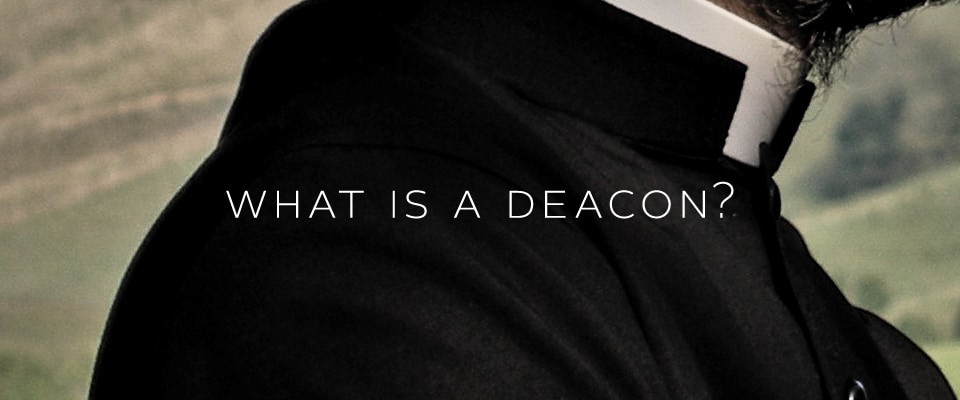The task was deceptively simple: Choose ten books that really made an impact on you and then share the list on Facebook. Don’t take too long or think too hard. That was ten days ago and while I haven’t yet completed my list (sorry guys, it’s coming!), it got me thinking about what kind of story really stays with me.
I love stories that illustrate a reversal of the power structures that can hurt us. Characters that show we don’t have to remain in the isolated wastelands of our own pain inspire me. And nothing resonates more than the possibility of redemption. Consider that moment of utter satisfaction, for instance, when Darth Vader breaks free of the Emperor and sacrifices himself to save his son. Stories that don’t accurately portray the brokenness of our world, don’t speak with an authentic voice about suffering. They don’t commiserate. They lie about the pain that can sometimes accompany living.
Stories that offer little in the way of authentic suffering or only surface redemption are often an enjoyable escape from the realities of our lives or a much needed respite. Who doesn’t love a ripping yarn about cowboys in space or a Victorian vampire murder mystery? These stories can have the power to uplift or to distract, but very rarely do they have the power to transform. On the flipside, stories that only deliver the unmitigated misery of the world may have their place, but they offer me little sense of possibility.
So in a nutshell, pain, reversal, redemption. Mix and repeat. I love this pattern in stories. I think it speaks to me so strongly because I long to see it mirrored more and more in my own life and in my community.
The understanding that God himself came into this suffering world in order to remake it and that he has come into my own heart to transform it, is a truth that is more compelling than any fiction. The belief that God will bring a grand reversal to the systems of oppression in our world, particularly those systems that I find myself complicit in, fills me with hope.
God’s coming kingdom will bring the great reversal of all tragedy
This is pretty awesome news! So the question that I am often stuck asking myself is, why am I reluctant to share it with the people around me? Why don’t I tell the story of my own encounter with Jesus more often? Our own experience with the transforming power of the gospel is compelling, but I sometimes find myself wishing that I was further along in the rising action of my own story. I am hoodwinked into believing that if I’m going to share my experience with God, it should be just a little more epic, like Paul on the road to Damascus epic (or even Frodo on the road to Mordor epic).
The dramatic before and after has not been my experience, and I don’t believe it’s the experience of many Christians. The timeline of transformation is often, as Eugene Peterson says, “a long obedience in the same direction.” I find that rather than being faced with enormous challenges and temptations, I am often undone by petty failings, habits and sins that are easily ignored, but never overcome.
The reality is that I don’t exhibit a life free from frustration or heartache, because a life lived with Jesus does not exclude us from suffering. Along with joy, beauty, purpose and humour, the truth of my life includes my pain, my own shortcomings and disappointments. Any story I share that either papers over this reality or blows it out of all proportion, is a pretty shallow story. Talking to my friends about Jesus means being honest about myself, and that is not always easy.
I find that I generally have one of two different types of conversations when it comes to my beliefs. The first is by far the easier of the two. Many of my colleagues and acquaintances are aware that I am Christian and we can chat very easily about comparative religions, the Judeo-Christian foundation of many of our laws, the literary importance of Biblical literacy, and so on. I have often come back to my classroom to find a printed newspaper article with a religious bent or a book with a sticky note explaining, “thought you’d find this interesting.”
And while I am very happy that my friends and co-workers feel comfortable engaging me in these types of conversations, I often struggle to move from the intellectual to the personal. It is far easier for me to converse about social implications of human nature than it is for me to talk about how Jesus is in the midst of transforming my own sinful heart. The first doesn’t require much vulnerability, while the second forces me to share honestly about my relationship with God.
And that is really the crux of the matter. The last element of a really great story is that the author tells it with conviction and passion. It is the days and the moments spent in the presence of God that make my story an epic one and it is the experience of his company in my suffering that gives my story authenticity. God’s coming kingdom will bring the great reversal of all tragedy, and I pray that this certain hope will embolden me to share my story with conviction and passion.




